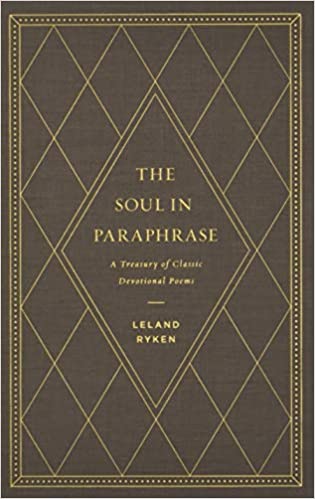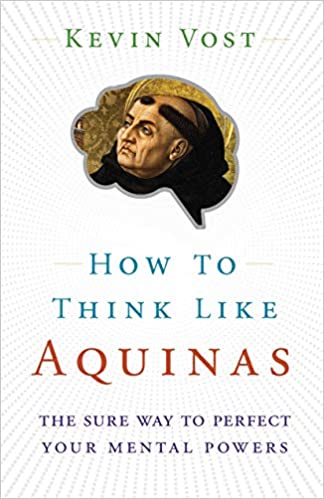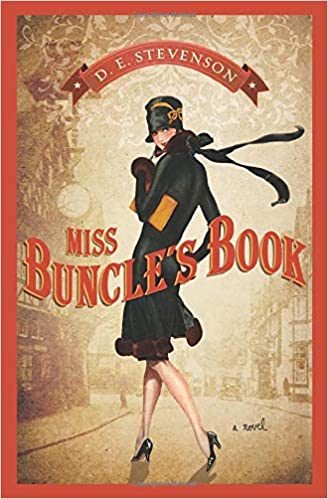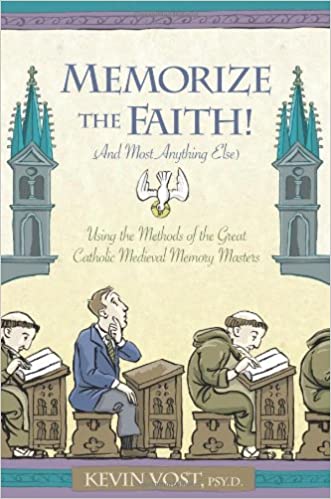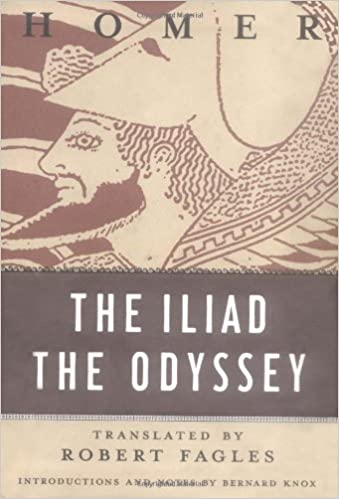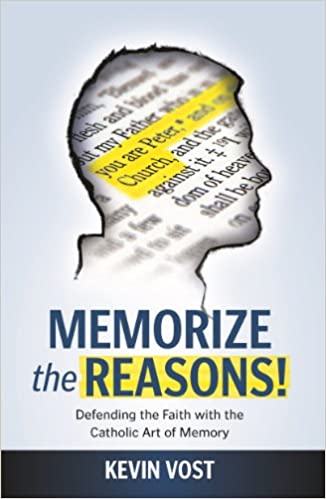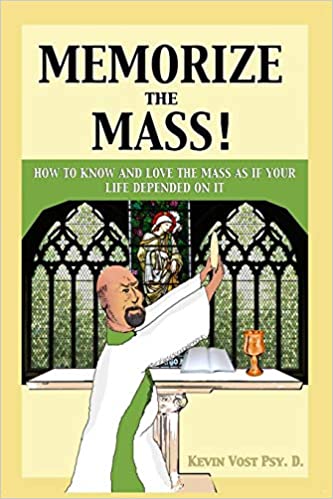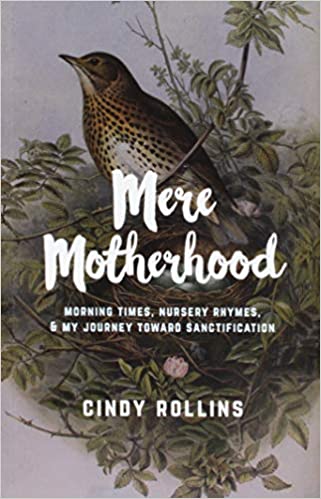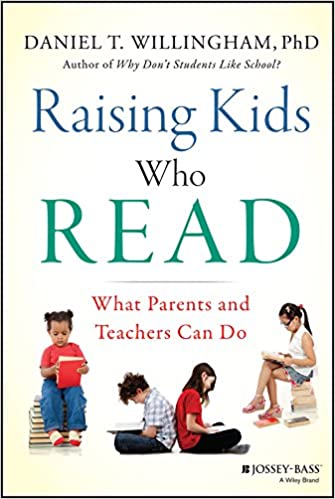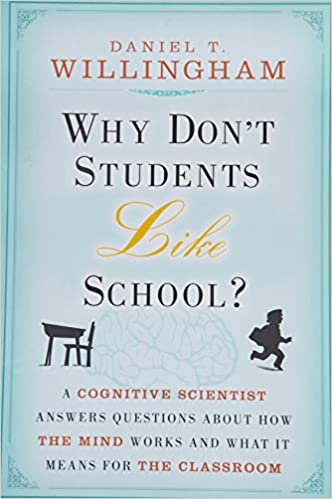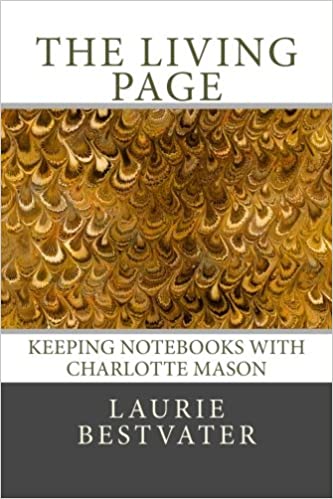The Soul in Paraphrase
Christians throughout the ages have written poetry as a way to commune with and teach about God, communicating rich truths and enduring beauty through their art. These poems, when read devotionally, provide a unique way for Christians to deepen their spiritual insight and experience. In this collection of over 90 poems by poets such as Emily Dickinson, T. S. Eliot, Ralph Waldo Emerson, Robert Frost, William Shakespeare, and over 30 more, literary expert Leland Ryken introduces readers to the best of the best in devotional poetry, providing commentary that helps them see and appreciate not only the literary beauty of these poems but also the spiritual truths they contain. Literary-inclined readers and first-time poetry readers alike will relish this one-of-a-kind anthology carefully compiled to help them encounter God in fresh ways.
More info →How to Think Like Aquinas
About St. Thomas Aquinas, Pope John XXII said:
"A man can derive more profit in a year from his books
than from pondering all his life the teaching of others."
And Pope Pius XI added:
"We now say to all who are desirous of the truth:
'Go to St. Thomas.'"
But when we do go to Thomas when we open his massive Summa Theologica or another of his works we're quickly overwhelmed, even lost.
If we find him hard to read, how can we even begin to "think like Aquinas?"
Now comes Kevin Vost the best-selling author of The One-Minute Aquinasarmed with a recently rediscovered letter St. Thomas himself wrote a brief letter to young novice monk giving practical, sage advice about how to study, how to think, and even how to live.
In this letter written almost 800 years ago, St. Thomas reveals his unique powers of intellect and will, and explains how anyone can fathom and explain even the loftiest truths.
Vost and St. Thomas will teach you how to dissect logical fallacies, heresies, and half-truths that continue to pollute our world with muddy thinking. Best of all, you'll find a fully-illustrated set of exercises to improve your intellectual powers of memory, understanding, logical reasoning, shrewdness, foresight, circumspection, and practical wisdom.
You'll also learn:
- The four steps to training your memory
- How to know your mental powers and their limits
- Why critical thinking alone is insufficient for reaching the truth
- Twenty common fallacies and how to spot them
- The key to effectively reading any book
- How to set your intellect free by avoiding worldly entanglements
- How to commit key truths to memory
Pius XI called St. Thomas Aquinas the "model" for those who want to "pursue their studies to the best advantage and with the greatest profit to themselves." Leo XIII urged us all to "follow the example of St. Thomas." Over the centuries, dozens of other popes have praised him.
Surely it is time to listen to these good men, time to "go to Thomas" to learn to think like him, and, yes, even to live like him.
More info →Miss Buncle’s Book
From beloved English author D.E. Stevenson who has sold more than 7 million books worldwide!
In the first heartwarming book of this classic series, D.E. Stevenson proves that one little book can be the source of all kinds of trouble when residents of a small English village start to see themselves through someone else's eyes.
Barbara Buncle is in a bind. Times are harsh, and Barbara's bank account has seen better days. Maybe she could sell a novel ... if she knew any stories. Stumped for ideas, Barbara draws inspiration from her fellow residents of Silverstream, the little English village she knows inside and out.
To her surprise, the novel is a smash. It's a good thing she wrote under a pseudonym, because the folks of Silverstream are in an uproar. But what really turns Miss Buncle's world around is this: what happens to the characters in her book starts happening to their real-life counterparts. Does life really imitate art, and can she harness that power for good?
With the wit and charm of a Jane Austen novel and the gossipy, small-town delight of the Flavia de Luce series, Miss Buncle's Book is D.E. Stevenson at her best!
More info →Memorize the Faith! (and Most Anything Else)
Yes, I know that memorizing the Faith is no substitute for living a holy life, but even devout people can t live by truths and precepts they don t remember.
That s why, over 700 years ago, St. Thomas Aquinas perfected an easy method for his students to memorize most any information, but especially the truths taught by Christ and His Church.
As the years passed, our need for this ancient art of memorization grew, yet somehow our culture largely forgot it . . . which is why today, when you and I try to remember a list of things, we have to repeat their names over and over. Or, to remember to call the dentist, we tie a string on our finger. And we clutch at any means whatsoever to recall our passwords for ATMs, credit cards, and voicemail, our login names for Yahoo, eBay, and Amazon, and the host of other names and numbers that clog our minds and clutter our days.
Now, thanks to the delightful pages of Memorize the Faith!, you can easily keep all these in mind and learn the Faith! by tapping into the power of the classical memory system that helped St. Thomas become the Church s preeminent theologian, and made it easier for him to become one of its greatest saints.
Here, Catholic scholar Kevin Vost makes available again Aquinas s easy-to-learn method the method Dr. Vost himself has used for decades to recall names, dates, phone numbers, the first dozen digits of pi (3.141592653589) and even whether, when his wife called him at work today, she asked him to bring home ice cream and toffee . . . or was it truffles and coffee?
Indeed, Dr. Vost will teach you to remember virtually anything, but he devotes most of his book to showing you how to improve your memory of Catholic truths so you can live the Faith better.
By the time you finish this book, you will have memorized dozens of key teachings of the Church, along with hundreds of precepts, traditions, theological terms, Scripture verses, and other elements of the Faith that every good Catholic needs to know by heart.
Memory is the foundation of wisdom. It makes holiness easier. To grow wiser in the Faith . . . and holier . . . turn to Memorize the Faith! today.
More info →The Tempest (Folger Shakespeare Library)
William Shakespeare was born in April 1564 in the town of Stratford-upon-Avon, on England’s Avon River. When he was eighteen, he married Anne Hathaway. The couple had three children—an older daughter Susanna and twins, Judith and Hamnet. Hamnet, Shakespeare’s only son, died in childhood. The bulk of Shakespeare’s working life was spent in the theater world of London, where he established himself professionally by the early 1590s. He enjoyed success not only as a playwright and poet, but also as an actor and shareholder in an acting company. Although some think that sometime between 1610 and 1613 Shakespeare retired from the theater and returned home to Stratford, where he died in 1616, others believe that he may have continued to work in London until close to his death.
More info →The Iliad / The Odyssey
Gripping listeners and readers for more than 2,700 years, The Iliad is the story of the Trojan War and the rage of Achilles. Combining the skills of a poet and scholar, Robert Fagles brings the energy of contemporary language to this enduring heroic epic. If The Iliad is the world's greatest war story, then The Odyssey is literature's greatest evocation of every man's journey through life. Here again, Fagles has performed the translator's task magnificently, giving us an Odyssey to read aloud, to savor, and to treasure for its sheer lyrical mastery. Each volume contains a superb introduction with textual and critical commentary by renowned classicist Bernard Knox.
More info →Memorize the Reasons!: Defending the Faith with the Catholic Art of Memory
In his bestseller Memorize the Faith!, Kevin Vost rediscovered a memory method invented by the ancient Greeks and perfected by medieval scholars, and showed twenty-first-century Catholics how to use it to recall everything from the Ten Commandments to the Seven Deadly Sins. Now, in Memorize the Reasons!, Dr. Vost shows you how to remember information you need to explain and defend the Catholic Faith. Often when we re challenged by non-Catholics who always seem to be able to quote chapter and verse we stumble, and later think regretfully of what we might have said. The powerful mnemonic techniques found in Memorize the Reasons! will make sure it never happens again. In simple steps that even children can master, Dr. Vost teaches you how to build memory cathedrals inside your mind, and to fill them with vibrant images that will instantly recall reasons for the papacy and Church authority, for Catholic beliefs about the Blessed Virgin Mary, for Sacred Tradition (and against sola scriptura), and more!
More info →Memorize the Mass!
In Memorize the Mass! Dr. Kevin Vost harnesses the powerful memory methods of Sts. Albert the Great and Thomas Aquinas to help readers learn and recall all the parts and rites of the Holy Sacrifice of the Mass, both the New Order and the Traditional Latin Mass. Memorize the Mass! will show you not merely how to memorize facts and repeat them like a parrot, but to come to know the names, the sequence, and the meanings of both forms of the Roman Rite of the Mass like a rational human being made in God's image and likeness with an intellect and a will. This completely guided and illustrated tutorial in the Catholic Art of Memory will enable you to engrave each and every one of those rites upon the tablet of your heart, knowing them literally forward and backward, and loving the Mass all the more for it!
More info →Mere Motherhood: Morning Times, Nursery Rhymes, and My Journey Toward Sanctification
It was back in the 1980's when Cindy Rollins, then a new mom in search of the best ways to teach her baby son, first heard about homeschooling. Thirty years and nine children later, Cindy has become a popular blogger, podcaster, and award-winning teacher. This is her story. It's a story of big families and cross-country moves and small-town living. It's about great books and morning times and nursery rhymes. It's the story of a dedicated mother's journey toward the Truth and the family she brought along with her.
More info →Raising Kids Who Read: What Parents and Teachers Can Do
Everyone agrees that reading is important, but kids today tend to lose interest in reading before adolescence. In Raising Kids Who Read, bestselling author and psychology professor Daniel T. Willingham explains this phenomenon and provides practical solutions for engendering a love of reading that lasts into adulthood. Like Willingham's much-lauded previous work, Why Don't Students Like School?, this new book combines evidence-based analysis with engaging, insightful recommendations for the future. Intellectually rich argumentation is woven seamlessly with entertaining current cultural references, examples, and steps for taking action to encourage reading.
The three key elements for reading enthusiasm―decoding, comprehension, and motivation―are explained in depth in Raising Kids Who Read. Teachers and parents alike will appreciate the practical orientation toward supporting these three elements from birth through adolescence. Most books on the topic focus on early childhood, but Willingham understands that kids' needs change as they grow older, and the science-based approach in Raising Kids Who Read applies to kids of all ages.
- A practical perspective on teaching reading from bestselling author and K-12 education expert Daniel T. Willingham
- Research-based, concrete suggestions to aid teachers and parents in promoting reading as a hobby
- Age-specific tips for developing decoding ability, comprehension, and motivation in kids from birth through adolescence
- Information on helping kids with dyslexia and encouraging reading in the digital age
Debunking the myths about reading education, Raising Kids Who Read will empower you to share the joy of reading with kids from preschool through high school.
More info →The Living Page
"We all have need to be trained to see, and to have our eyes opened before we can take in the joy that is meant for us in this beautiful life." Charlotte Mason ~~~~~~~ "Composition books and blank journals are readily available at every big box and corner store, available so inexpensively as to be common and ironic as we reach that digital dominion, the projected 'paperless culture.' Shall we despair the future of the notebook? Is the practice an anachronism in an age where one's thoughts and pictures, doings and strivings are so easily recorded on a smartphone or blog,and students in even the youngest classrooms are handed electronic tablets with textbooks loaded and worksheets at the ready? Or is there something indispensable in the keeping of notebooks without which human beings would be the poorer?" THE LIVING PAGE invites the reader to take a closer look in the timeless company of 19th century educator, Charlotte Mason.
More info →
